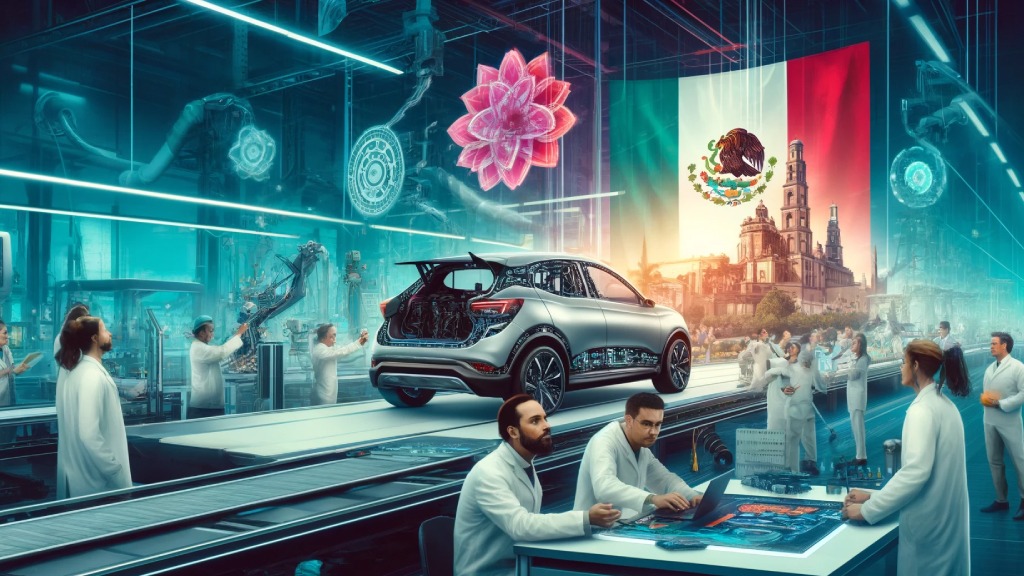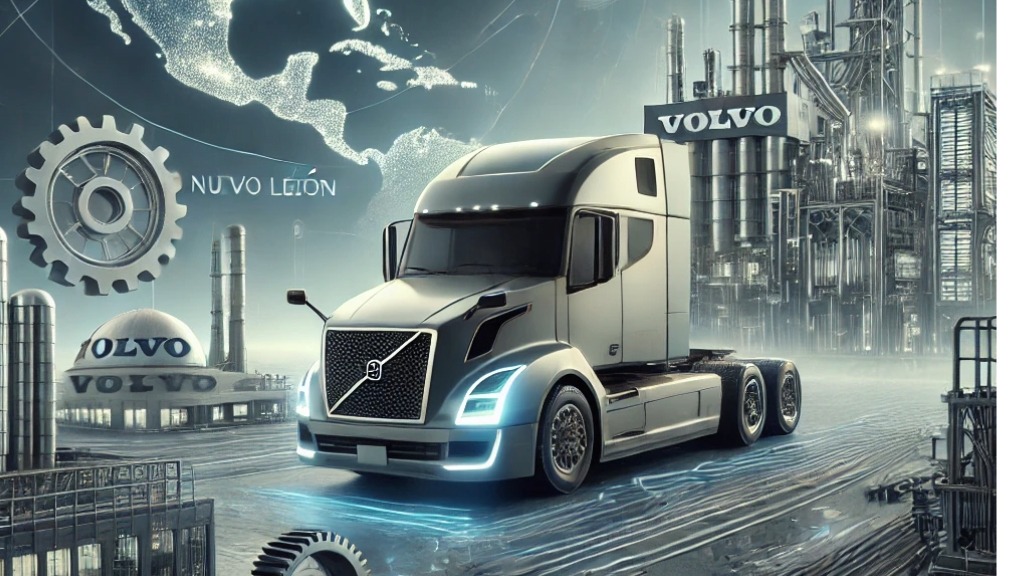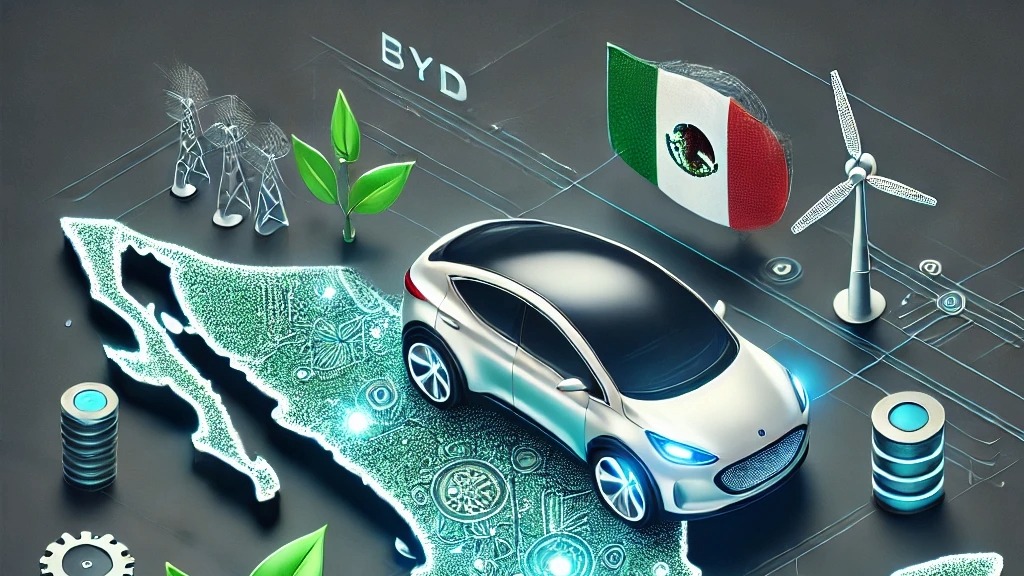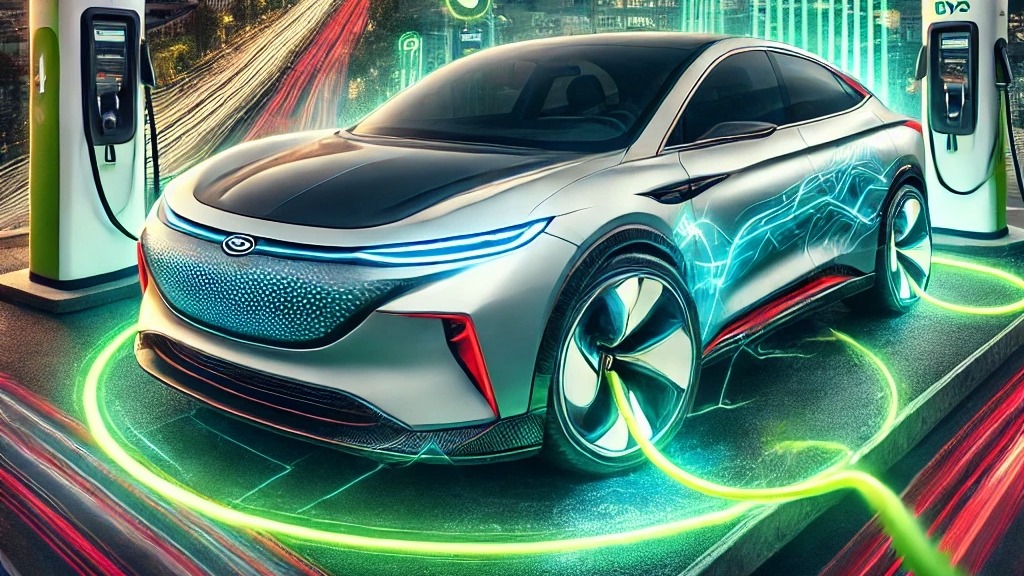MG Motor boosts expansion in Latin America with new plant in Mexico

While Tesla and BYD dither, Mexico is positioning itself as the new promised land of the automotive industry, now for MG.
MG Motor, a car brand with British roots and now owned by Chinese corporation SAIC Motor Corp, has announced plans to build a manufacturing plant and research and development (R&D) center in Mexico.
This initiative underscores Mexico's strategic importance as a manufacturing and development hub for the Latin American market. The investment not only seeks to establish production capabilities, but also to develop specific market intelligence for Latin America. Zhang Wei, head of MG Motor in the country, noted that the company will not only produce vehicles in Mexico, but will also generate market knowledge tailored to the needs and characteristics of the region. This strategy will enable MG Motor to optimize its products and commercial strategies to better meet local demand.
MG Motor has a vision to make Mexico a hub of growth and expansion for the SAIC Group and the MG Motor brand throughout Latin America and the Caribbean. This initiative aligns with trends in the automotive industry, where several manufacturers of electric vehicles (EVs) are considering Mexico as a key base for their operations due to its proximity to the United States and its integration into the Mexico-United States-Canada Agreement (T-MEC).
Mexico has significant strengths such as its strategic geographic location, a skilled and competitive workforce, and robust trade agreements that facilitate access to key markets. In addition, the country's well-established automotive infrastructure provides a solid foundation for new investment.
MG Motor is not alone in its commitment to Mexico. Other EV manufacturers, such as BYD and Tesla, have also announced plans to build plants in the country.
However, Tesla has put its plans on hold, pending the results of the U.S. presidential election, due to the possibility that Republican candidate Donald Trump will impose high tariffs on electric vehicles manufactured in Mexico if elected. This situation highlights a potential weakness for the Mexican market: dependence on external political decisions and economic uncertainty stemming from changes in the U.S. administration. Despite these uncertainties, Mexico's geopolitical position offers significant opportunities, such as the ability to attract foreign investment and become a regional leader in electric vehicle production.
The political and economic context also plays a crucial role in these business decisions. In April, Reuters reported that Mexico's federal government, under pressure from the United States, would stop offering incentives to Chinese automakers. In addition, in May, U.S. President Joe Biden implemented significant increases in tariffs on Chinese electric vehicles. These factors underscore the complexity of the business environment and the need for companies to adapt their strategies in response to political and economic changes. The lack of incentives could pose a threat to attracting new Chinese investment, which could limit the growth of the electric automotive sector in the country. However, the resilience of the Mexican market and its ability to adapt to regulatory and commercial changes remain a competitive advantage.
The entry of MG Motor and other EV brands represents a significant opportunity for Mexico. The creation of new manufacturing plants and R&D centers will not only generate employment, but will also drive technological development and knowledge transfer. In addition, the arrival of luxury brands such as MG's sister brand IM suggests an expanding and diversifying market for electric vehicles in Mexico. This diversification will not only strengthen the local economy, but will also position Mexico as a leader in innovation within the automotive sector.
MG Motor's decision to invest in Mexico is a testament to the country's strategic position on the global automotive map. This investment will not only strengthen MG Motor's presence in Latin America, but will also contribute to the region's economic growth and technological advancement. However, companies must carefully navigate the political and economic landscape to maximize their opportunities and mitigate risks. The integration of factors such as robust infrastructure, skilled labor, and political and economic challenges underscores the complexity and potential of the Mexican automotive market in a dynamic global environment.
Collaboration: Editorial Auge.





